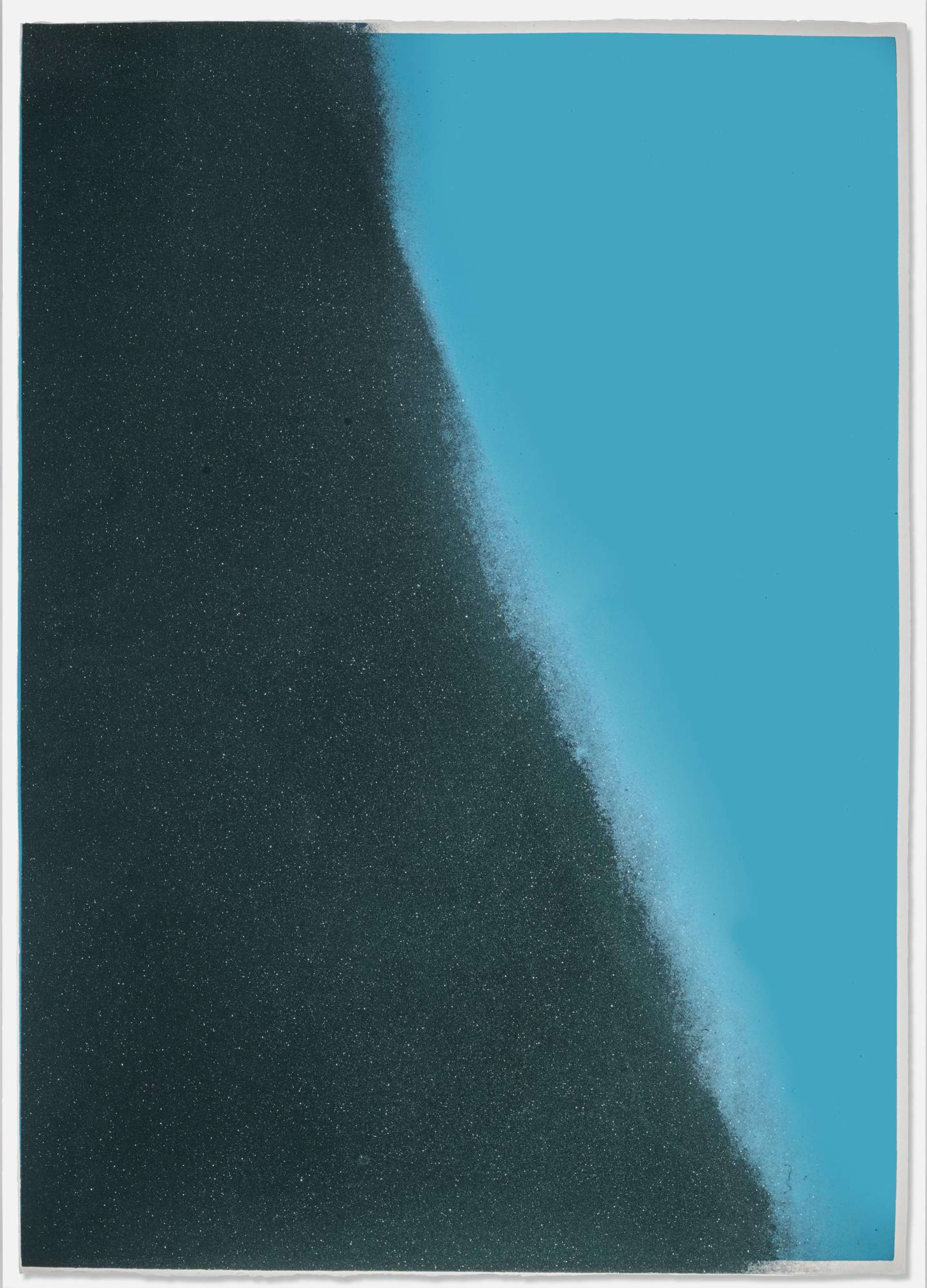
Shadows II (F. & S. II.213)

Shadows II (F. & S. II.213)
Signed Print
Andy Warhol
£21,000-£30,000
$40,000-$60,000 Value Indicator
$40,000-$60,000 Value Indicator
¥200,000-¥280,000 Value Indicator
€24,000-€35,000 Value Indicator
$220,000-$310,000 Value Indicator
¥4,360,000-¥6,230,000 Value Indicator
$28,000-$40,000 Value Indicator
There aren't enough data points on this work for a comprehensive result. Please speak to a specialist by making an enquiry.
109 x 76cm, Edition of 10, Screenprint
Meaning & Analysis
Shadows II (F. & S. II.213) is a signed screen print made by the renowned 20th century artist Andy Warhol. Made in 1979, the print comes in an edition size of ten and is rendered on Arches 88 paper with diamond dust. The print shows two blocks of colour, blue and black, which join each other in a mysterious way. The pattern was inspired by the shadow produced by a lamp on the desk of Warhol’s studio.
Shadows II (F. & S. II.213) is one of six screen prints in Warhol’s second portfolio of Shadow prints. The prints all come together in Warhol’s impressive Shadows project, which the artist started in 1978. The collection of abstract paintings differs radically from Warhol’s Pop Art style which is characterised by his use of bold gestural lines, bright colours, and incorporation of cultural icons and celebrities. The Shadows project comes towards the end of Warhol’s life and career as an artist. The project reflects the artist’s desire to experiment and move out of his artistic comfort zone.
The prints in the Shadows collection are marked by repetition. Each work is composed of two blocks of colour and there appears to be no rule governing the patterns the two colours produce when they meet in the composition. When hung together, it is apparent that no two artworks are the same in this exploration of the interaction between light and darkness.